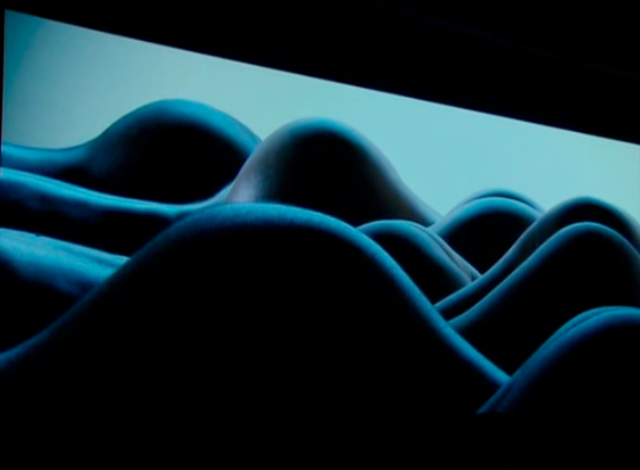
“People who say, ‘Why do women make films like this?’ still think that women don’t have vast territories to explore.”
– Claire Denis on Trouble Every Day (2001)
cléo was born of a rather inauspicious email. Last year I sent out a call to several writers with the subject line, “A semi-formed idea.” What followed was more a confession rather than a concrete plan: a desire to start a feminist film journal. Irked by the lack of feminist perspectives in film criticism, as well as female bylines in review sections, I suspected that I couldn’t be alone in this point of view. The response from the group was overwhelming—and ultimately it is thanks to their excitement and productive criticism that the journal came to fruition.
The aim of cléo is not to define feminism or feminist films, but rather treat the ever-increasingly disparaged term as a powerful and organic concept; a movement that can provide rich critical fodder. The journal thus takes it name from Agnès Varda’s Cléo de 5 à 7 (1962), as the film embodies much of what this digital publication aims to be. Set over the course of roughly two-hours, Varda’s seminal Left Bank film follows Florence (Corinne Marchand), a chanteuse who goes by the stage name of Cléo Victoire. Playing out more or less in real time, after receiving a bad tarot reading the vacuous blonde transforms and comes to self-realization and actualization on her own terms and time, through walking, observation, and mastering her space. The journal cléo, in whatever form its subsequent issues take, strives to forge an open space where writers can address various feminist perspectives in all forms of film, new and old.
The first theme, “Flesh,” taps into an emerging realm of thought in film theory regarding the body in performance, combined with the contemporary dialogue surrounding women’s bodies in the political sphere. Leos Carax’s Holy Motors (2012) is read through a lens of the impact of digital on the theatrical body. Vicky Funari and Julia Query’s Live Nude Girls Unite! (2000), and Frederick Wiseman’s Crazy Horse (2011) are examined for their potential to incite political activism with regards to labour rights and re-configuring popular conceptions of exotic dancers. Kathryn Bigelow’s Zero Dark Thirty (2012) is taken on via a discussion of Otherness and the idealized white female form. Steven Soderbergh’s Haywire (2011) is looked at through a discussion of the active female body. Harmony Korine’s Gummo (1997) and Spring Breakers (2012) are seen as subverting body politics.
As far as a diverse perspectives, we are far from perfect: the contributors in this issue happen to all be white, urban-located, cis women. Moving forward, if luck and hard work is on our side, cléo will hopefully attract a wider range of voices. As Claire Denis says, there are vast territories for us to explore.
– Kiva Reardon
April 2, 2013





